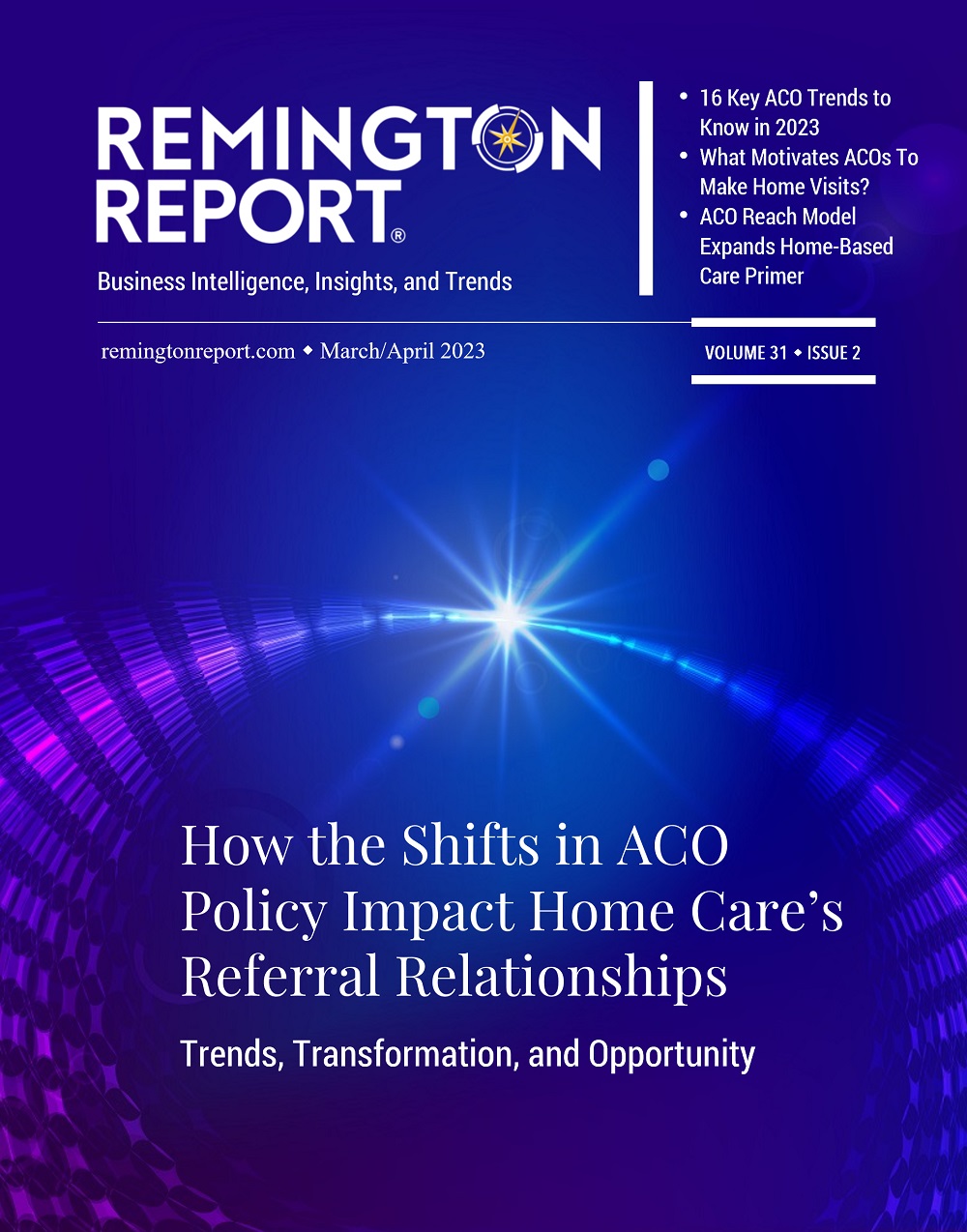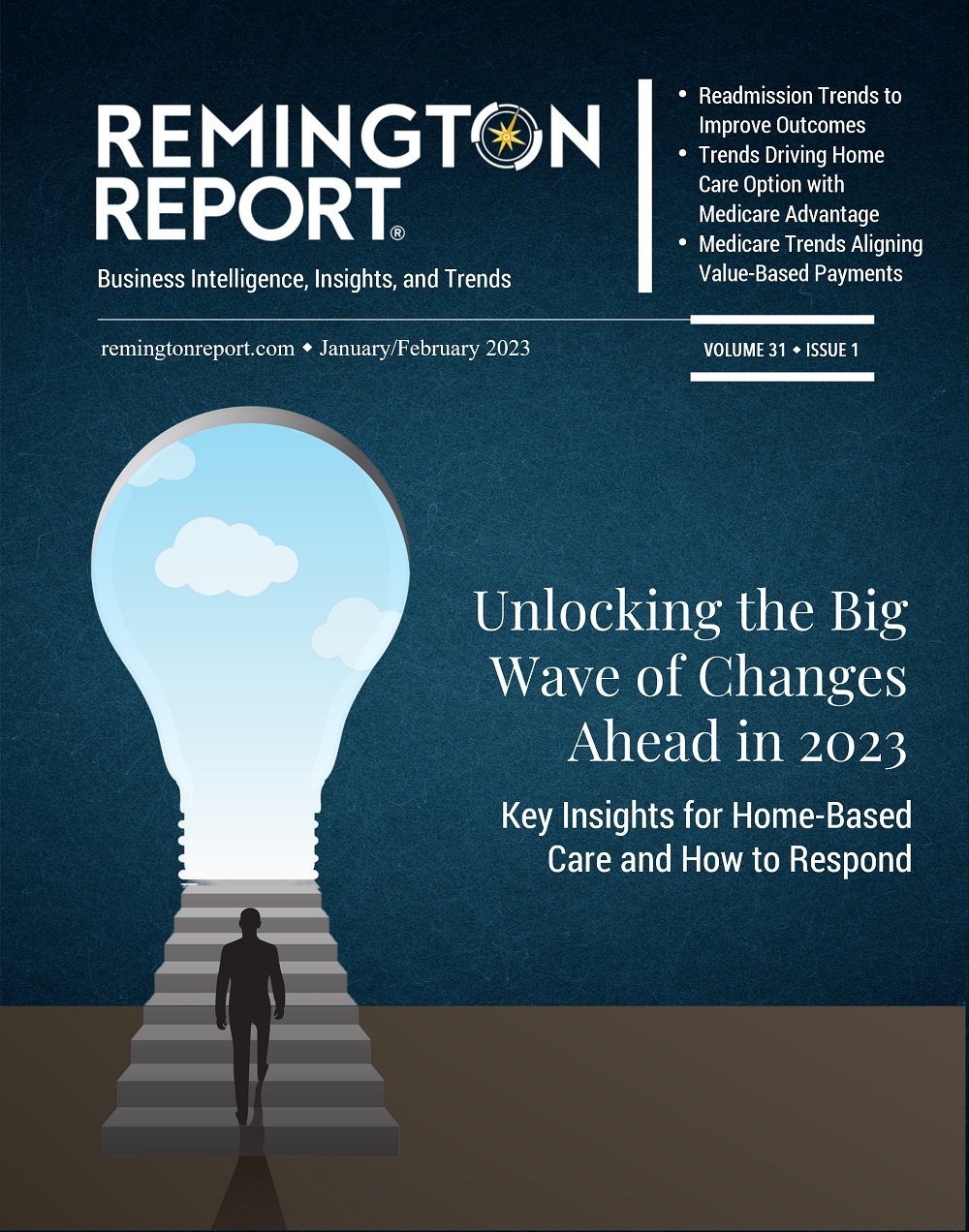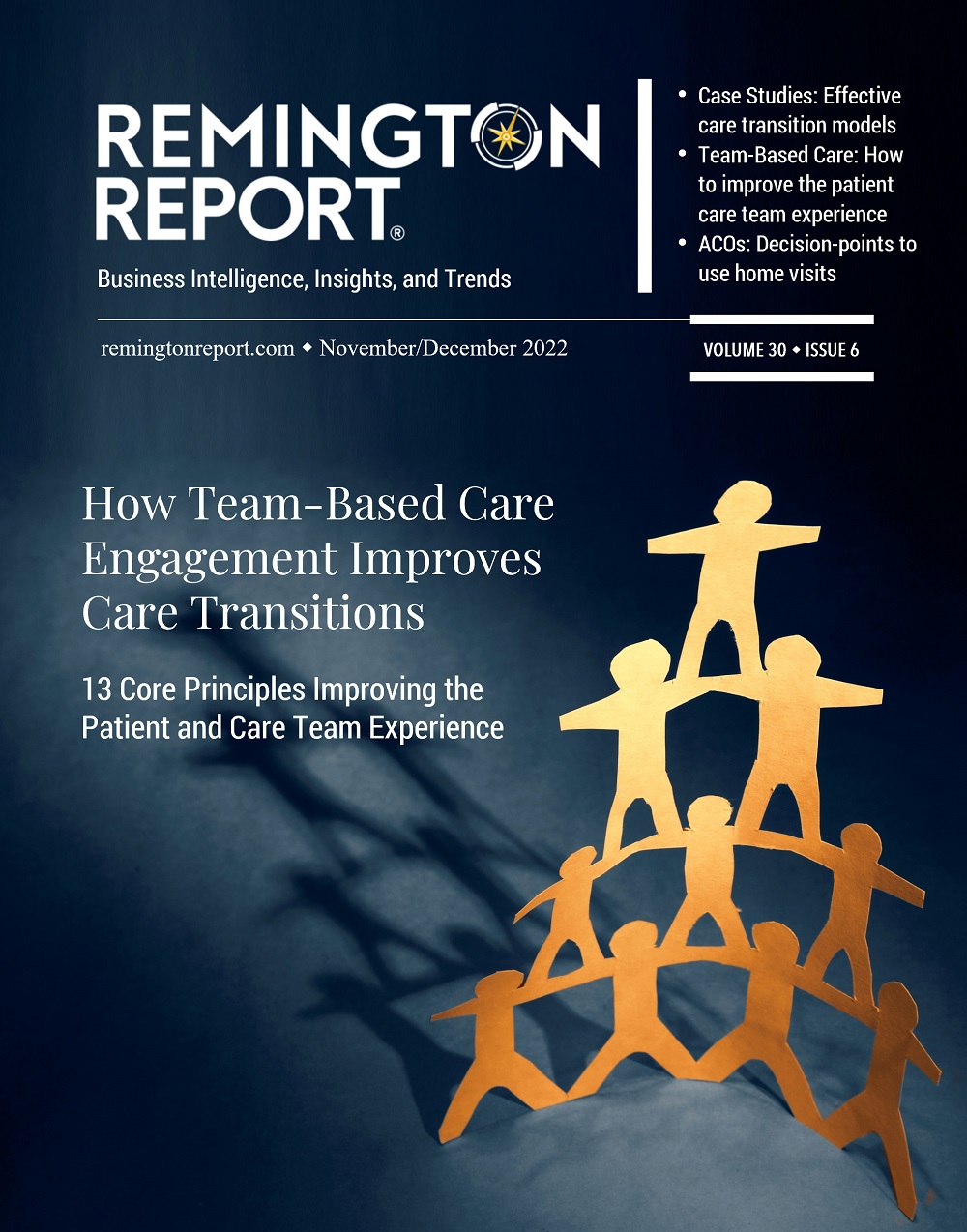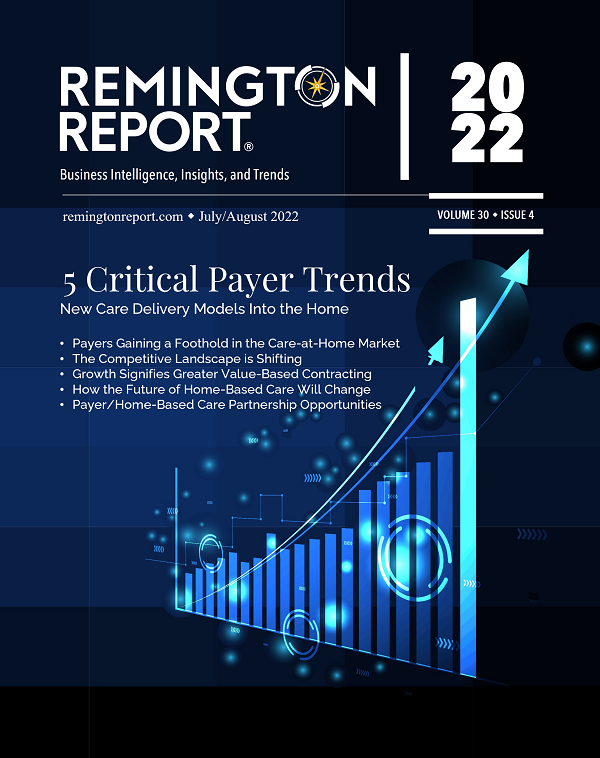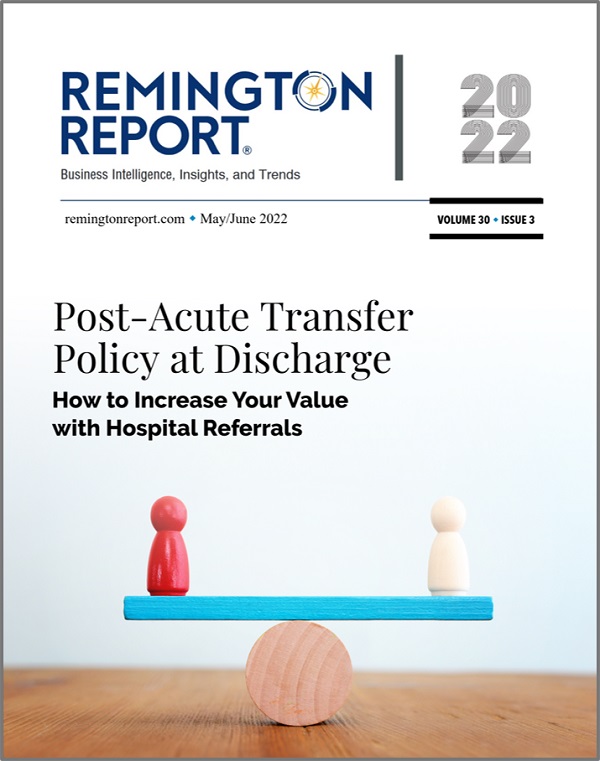One-third of all fee-for-service Medicare beneficiaries receiving post-acute care have a diagnosis of dementia, and more than 7 in 10 receive this care in a SNF. Overall use and trends were similar in the Medicare Advantage population.
Most Medicare recipients with dementia receive post-acute care in a skilled nursing facility despite the influence of payment reform efforts, researchers from the University of Pennsylvania say. In prior research among the same cohort of Medicare recipients with dementia, they found that outcomes of SNF and home health care were similar for older beneficiaries with similar health profiles and a diagnosis of dementia.
“These results, in combination with our current findings, could suggest SNF is over-used in this population,” the authors suggested. “High rates of SNF use among individuals with dementia may not translate to high-value care, particularly when it comes to severe dementia at the end of life,” they wrote.
Results of Study
Of the 9,762,208 Medicare fee-for-service beneficiaries who received post-acute care from 2013 to 2016, 3,155,560 (32.3%) carried a diagnosis of dementia. Rates of post-acute care use were similar over time.
“Outcomes of SNF and home health care were similar for older beneficiaries with similar health profiles and a diagnosis of dementia.”
More beneficiaries with a diagnosis of dementia received post-acute care (44.2% vs 27.7%) and proportionally more SNF care (71.7% vs 49.6%). Overall use and trends were similar in the Medicare Advantage population.
These findings serve as a foundation for needed evaluations of how best to meet the post-hospital needs of older adults with dementia. The study was published in JAMDA.
Related Article
Other Articles You Might Enjoy
Best Practices for Effective Strategy Execution
Effective strategy execution is crucial for success, as even the most well-crafted strategies can fail if not properly implemented.
5 Reasons Why a 5-Year Strategic Plan May Pose Challenges
Five-year strategic plans in home care often encounter several challenges due to the dynamic nature of the industry.
Understanding Adaptive Leadership in Home Care’s Complex World
Adaptive leadership is not a fixed set of rules or practices; rather, it's a mindset and a skill set that empowers leaders to thrive in turbulent times.





